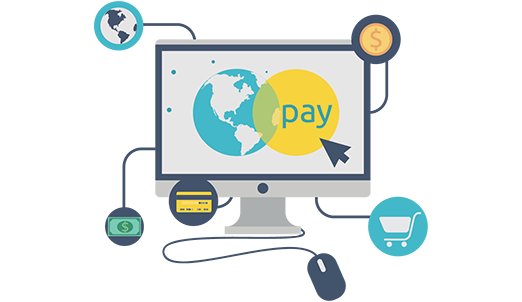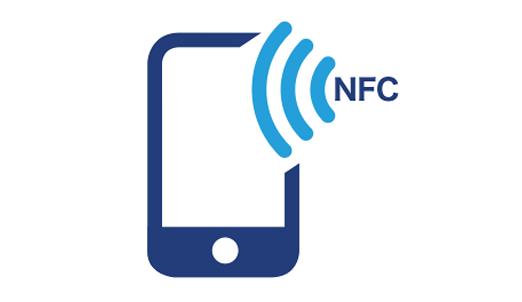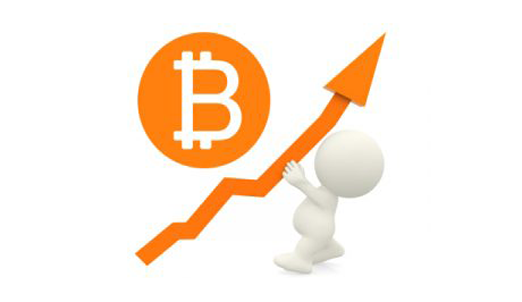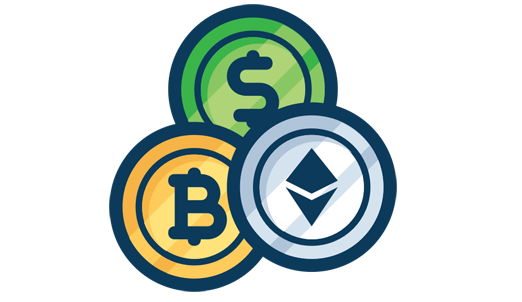The Payment Gateway mode is a process by which the customer's credit card or net banking information is sent to the gateway's web server for transaction and confirmation of the sale. Towards facilitating a seamless transaction, we integrate the gateway into your website's shopping cart software, ensuring both security and ease of use.

A Payment Gateway is a place on your website (or a part of visitor workflow on your website), where a transaction can be made. It's basically like a cashier's desk. But instead of you being physically present to handle the transaction, your website does the job for you.
Since payment gateways handle very important transactions on your site, you want to ensure that everything happens seamlessly. So, in this article, I'll be discussing 4 types of payment gateway integration, so that you can be well aware of the different options and make an optimal selection.
A very basic integration method, is the 'Simple Checkout Method'. In this method, the payment gateway is integrated as an external service.
When a customer clicks the 'Buy Now' or 'Purchase' button on your site, he or she is redirected to the payment gateway service provider's website, for example, PayPal, Authorize.Net, PayU, etc, to make a secure transaction. This is the most easiest method to integrate a payment gateway into any site.
The next integration method is 'Direct Post'. In this method the form which accepts the customer information and payment details is served from your web server, however the details are forwarded to the secure payment gateway, where the eventual transaction is handled. Customer data is not handled on your website.
Another method, is the 'Server Integration Method' or SIM. This method provides you the option to handle transactions on your site, even though a payment gateway service provider will handle the actual processing. What happens is, all the forms are displayed on your site.
The payment gateway service provider handles all the steps (the payment data collection, data submission and the response to the customer) in the secure transaction process, but the customer is not made aware of this.
This allows a merchant like you, to style the look and feel of the payment form and the receipt page.
Finally, the 'Advanced Integration Method' or AIM allows you to host your own secure payment form on your website, and send transactions to the payment gateway using an end-to-end SSL connection.
This method is employed by shopping cart developers. With this method, a merchant has full control over all the phases of a customer's online transaction experience.
By integrating the payment option in your app, you get to add basic features like storing card information, linking bank with the app, and even add advanced level features such as refund management, monitoring window for the merchant, etc.
There are various other features that adds payment facility in any ordinary app. Depending on what level of features you need in your app, the cost of Integrating Payment in your Mobile App can come based on the service providers cosiderations, which takes near-about seven days to completion. In the end, let us look at the future that will be upon the Mobile Payment Industry, soon.

Some of the most famous mobile wallets, such as Apple Pay and Samsung Pay, relies on NFC Technology for initiating payments. The technology allows users to make purchases only by holding their mobile devices to an NFC enabled device. It's not just convenient but it also speeds up the checkout time, drastically.
It also explains why global NFC Market is ready to grow at a CAGR of nearly 17.9% over the next few years to reach around double by the year 2025.

Bitcoin is the biggest innovation that is ready to hit the payment industry this year. It will get introduced to mobile apps to a greater extent now, making the industry cashless and secure.
The fact that the monetary value of Cryptocurrencies are on a continuous rise is an indication towards how fast evolving the industry is and the role that it is set to play in the future of mobile payments.
With this, you are now prepared to make your app payment ready.If you need to discuss any process or need help with the coding part, contact our Team of Experts.

A cryptocurrency (or crypto currency) is a digital asset designed to work as a medium of exchange that uses strong cryptography to secure financial transactions, control the creation of additional units, and verify the transfer of assets.Cryptocurrencies are a kind of alternative currency and digital currency (of which virtual currency is a subset). Cryptocurrencies use decentralized control as opposed to centralized digital currency and central banking systems.
A cryptocurrency is a digital or virtual currency designed to work as a medium of exchange. It uses cryptography to secure and verify transactions as well as to control the creation of new units of a particular cryptocurrency.